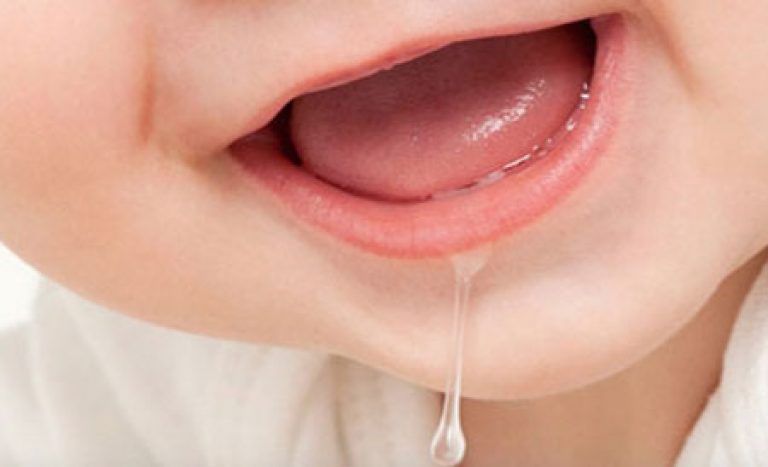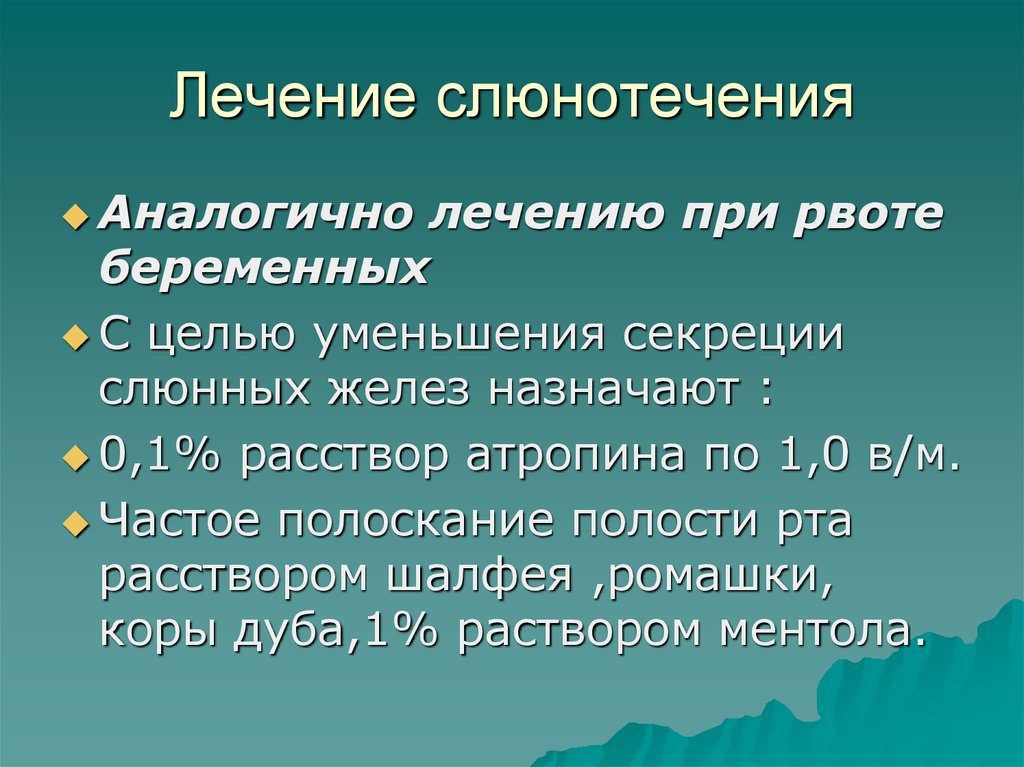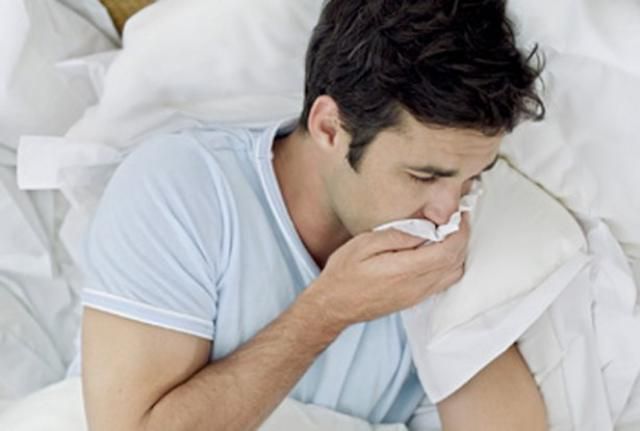Saliva is a special secret (mucus) that is produced by the salivary glands and protects the oral cavity from the vital activity of pathogens that live in the mouth. Normally, a person secretes 2-2.2 mg of saliva every 10-15 minutes. However, under the influence of negative factors, the secretion of saliva increases, which indicates some malfunctions in the work of internal organs and systems. Abundant salivation in medicine is called hypersalivation. And why it arises and how to deal with it, you will now find out.
Main reasons
Speaking about why a person has a lot of saliva in his mouth, it should be noted that various factors can contribute to this condition. And the most common ones are:
- Taking certain medications (hypersalivation is considered a side effect of many drugs).
- Metabolic disorders in the body.
- neurological disorders.
- Intoxication (poisoning).
- Toxicoinfections (infectious diseases, the causative agents of which, in the course of their life activity, produce toxins that poison the body).
- Otorhinolaryngological pathologies (sinusitis, sinusitis, otitis media, etc.).
In adults, hypersalivation is often the result of pathologies associated with impaired functioning of the digestive system or the central nervous system. But in children, this condition often occurs against the background of acute respiratory infections or ENT diseases.
Causes in children under one year old
Increased strong salivation in children aged 0–12 months is natural and should not cause anxiety in parents, especially if there are no third-party symptoms against the background of hypersalivation, for example, tearfulness, irritability, disturbed sleep, etc.
This is due to the fact that the first few months after birth, the child's salivary glands go through an adaptation period. They don't yet "know" how to work properly to provide proper oral protection. As soon as their adaptation ends, hypersalivation becomes less pronounced, but not for long, since then, from 4–5 months, the child begins to erupt, causing the gums to become inflamed. And any inflammation in the oral cavity is a kind of activator for the salivary glands, and their functionality is enhanced.

However, do not forget that children, as well as adults, are prone to various diseases. Therefore, if hypersalivation in a baby is accompanied by unpleasant symptoms, it should be immediately shown to the doctor.
Causes in adults
There are many factors that provoke the occurrence of hypersalivation in adults. And often this condition is provoked by bad habits - smoking and alcohol. Tobacco smoke and ethyl alcohol have a chemical effect on the salivary glands, irritating them and activating their work.
But the following reasons can also lead to the development of hypersalivation:
- Dental diseases affecting the mouth and throat. These include: gingivitis, periodontal disease, stomatitis, tonsillitis, etc. With their development, increased secretion of saliva is a kind of response of the body to the causative agent of the disease, which removes their decay products from the oral cavity. And since pathogens produce toxic substances in the course of their life, saliva can smell like rot.
- Pathologies of the gastrointestinal tract - gastric and duodenal ulcers, gastritis, cholecystitis, pancreatitis and many others. With the development of these diseases in the digestive tract, strong inflammatory processes occur, which are also stimulants of increased salivation.
- Facial paralysis. A person cannot control his reflexes. Saliva is constantly secreted and in order to get rid of it, a person either swallows it or spits it out. With paralysis of the face, the patient cannot swallow liquids, which causes the accumulation of saliva in the oral cavity.
- Parkinson's disease. This is a serious pathology, which is characterized by disorders of the central nervous system. With its development, the muscles responsible for swallowing lose their tone, as a result of which a person cannot swallow saliva.
- Parotitis (mumps). This disease is infectious in nature and provokes the development of inflammatory processes in the parotid salivary glands. This condition leads to swelling of the face and throat, which causes narrowing of the pharynx and impaired fluid flow through it. In this regard, a person hardly swallows saliva, and most of it begins to accumulate in the oral cavity.
- Pathology of the thyroid gland. The thyroid gland produces hormones that provide control over the work of the salivary glands. And when the functionality of the thyroid gland is disturbed, the process of saliva productivity gets out of control and begins to be produced in large quantities.
- Irritation of the salivary glands. In this case, we are talking about mechanical irritation that occurs when wearing dentures, during dental procedures, chewing solid food, etc.
- Taking medication. As mentioned above, excessive salivation is one of the side effects. Most often, hypersalivation is observed when taking Muscarine, Lithium, Nitrazepam and Pilocarpine.
- Pregnancy. In the early stages of gestation, there is a change in the hormonal background. And hormones, as was said, are directly involved in the work of the salivary glands. Also, such a reaction can give a sick stomach and frequent heartburn.
- Excessive physical activity. Each organism has individual characteristics and in some cases hypersalivation may be the result of excessive physical exertion. This includes not only running, jumping and lifting dumbbells, but also the power loads that a person receives during the day. An example of this is loaders who are constantly forced to lift weights.

What does increased salivation at night indicate?
Of course, various factors can provoke hypersalivation. But if a person has excessive salivation during sleep, then this may indicate not only disorders of the digestive tract or central nervous system, but also helminthiasis.

Signs of helminthiasis are not only increased salivation, but also:
- Nausea.
- Decreased appetite.
- Weight loss.
- Grinding of teeth during sleep.
- Sleep disturbance.
- Increased irritability.
- Violation of concentration of memory and attention.
- Bad breath in the morning.
To quickly eliminate the signs of helminthiasis, it is necessary to undergo a course of treatment, which involves taking antihelminthic drugs. They have different types and should be taken only as prescribed by a doctor after a complete examination of the patient and the identification of the exact type of helminthiasis.
Diagnostics
It should be noted that excessive salivation is not a disease. It is considered one of the symptoms of various pathological conditions. And in order to save a person from increased salivation, the doctor needs to establish the exact factor that provoked the occurrence of hypersalivation. And for this he carries out the following activities:
- He collects an anamnesis, during which he finds out how long a person has increased salivation, what additional symptoms it is accompanied by.
- Conducts an analysis of the patient's life, in which he clarifies what kind of lifestyle a person leads (how he eats, are there any bad habits, etc.).
- Examines the oral cavity.
- Determines the amount of saliva secreted per day and takes a swab to study the level of enzymes.
- Appoints a consultation with other specialists, for example, a neuropathologist, endocrinologist, dentist, etc.
Only after the exact cause is established, which could increase salivation, the doctor prescribes a treatment that allows you to quickly get rid of hypersalivation. If it is impossible to establish the exact cause of this condition, a detailed examination is performed, which may include CT, MRI, ultrasound, etc.
How is it treated?
However, you need to understand that in no case should you self-medicate, as this can lead to serious health problems, especially if the cause of hypersalivation has not been established.
 All about healthy sleep
All about healthy sleep